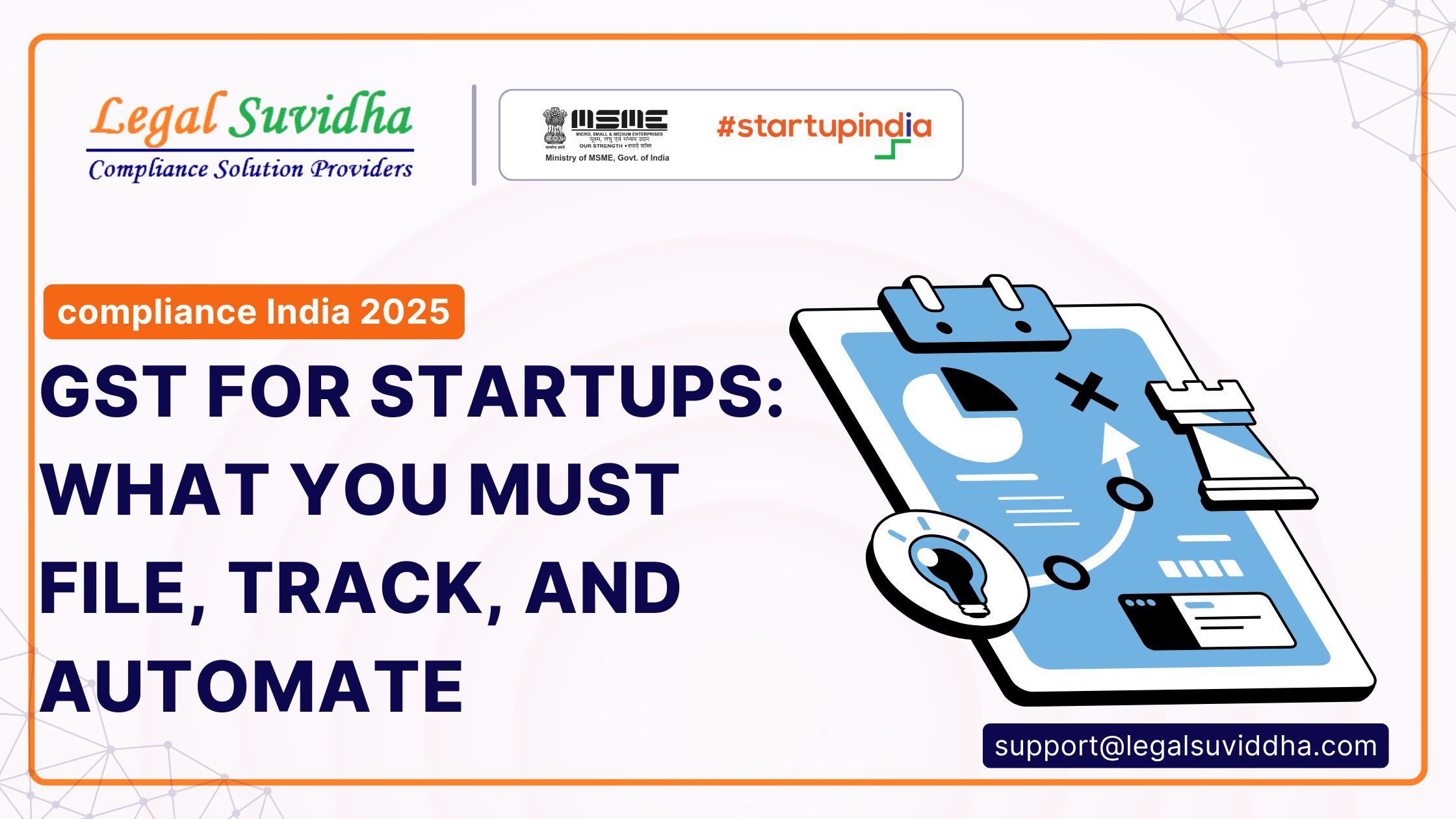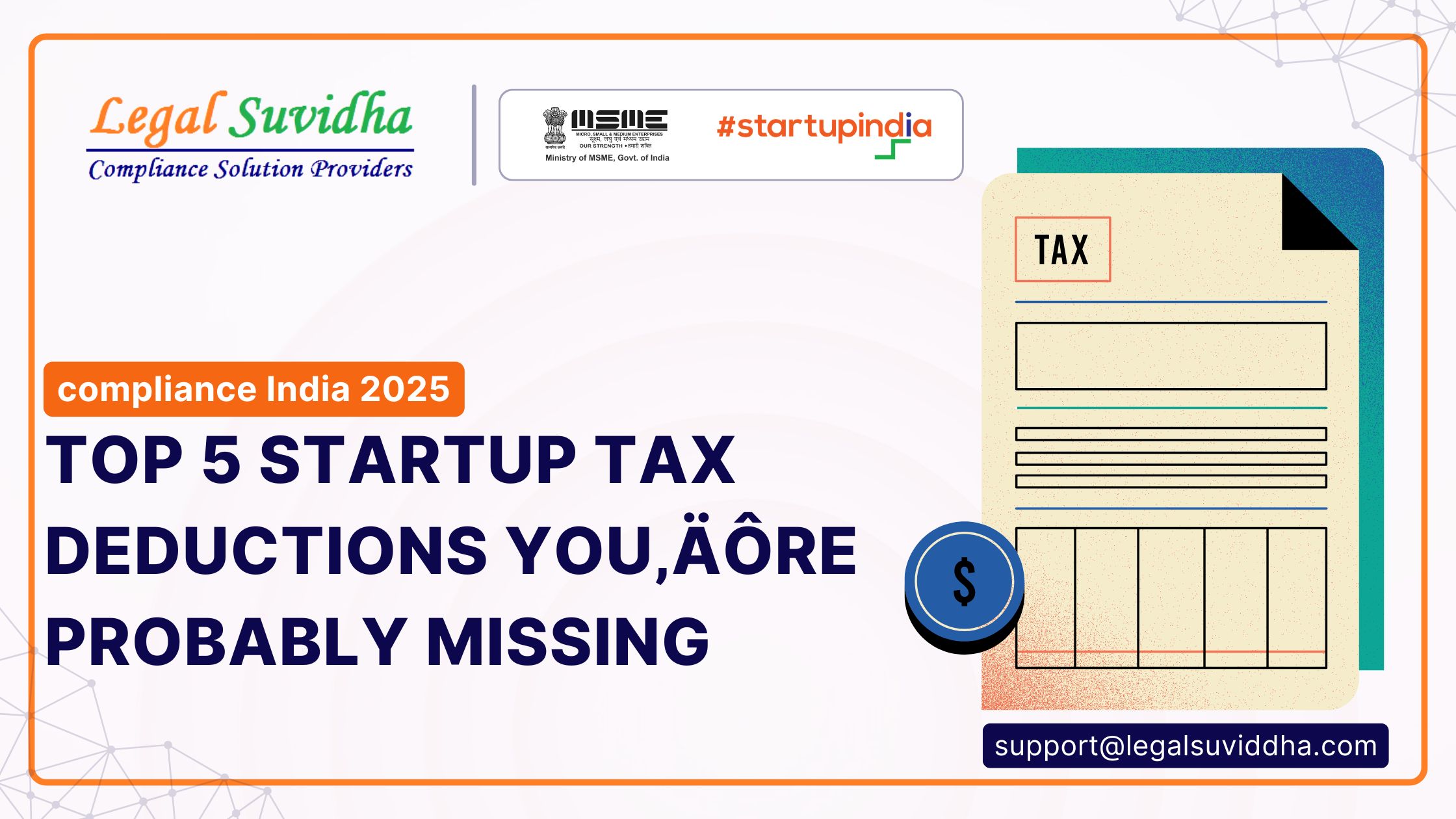The “New Tax Regime” or “Optional Tax Regime” was introduced as a significant feature of the Union Budget 2020-21 in India, aiming to revamp the income tax structure and provide taxpayers with an alternative method of computing their taxes. This comprehensive regime brought about several potential benefits, designed to simplify the tax system and enhance the overall taxation experience for individuals and businesses alike.
- At the core of the new tax regime lies the provision of lower tax rates, offering a more straightforward and transparent tax structure for taxpayers to navigate.
- As opposed to the previous tax system, which involved higher tax rates, multiple tax slabs, and complex calculations based on income, the new regime introduced reduced tax rates with fewer slabs, ranging from 5% to 25%, depending on the income level.
- This streamlined approach not only simplifies tax calculations but also allows taxpayers to better understand and manage their tax liabilities.
One of the significant advantages of the new tax regime is the elimination of various tax deductions and exemptions, which were prominent features of the previous system.
- By doing away with these deductions, the new regime reduces complexity and minimizes the need for extensive tax planning.
- In the old tax regime, taxpayers were required to meticulously claim deductions for expenses such as house rent, medical insurance, and children’s education.
- Opting for the new tax regime now enables taxpayers to avoid the cumbersome process of calculating and claiming various deductions and exemptions, making the tax filing process smoother and more efficient.
- In addition to simplifying the tax structure, the new tax regime offers several ancillary benefits.
- For instance, it promotes ease of compliance and significantly reduces paperwork and administrative burdens.
- Under the old tax regime, taxpayers had to maintain detailed records and receipts for various deductions, adding to the time and effort involved in the tax filing process.
- However, the new regime streamlines this process, allowing taxpayers to focus more on their core financial activities and responsibilities.
- The new tax regime is particularly appealing to young professionals and individuals with lower incomes and fewer investments, as it offers lower tax rates without the need for complex tax planning.
- For someone just starting their career and having limited investments, this new system can be highly advantageous, providing them with a more straightforward and cost-effective approach to taxation.
- Moreover, the simplified and transparent structure of the new tax regime is expected to have a positive impact on tax compliance.
- With fewer deductions and exemptions, taxpayers have reduced incentives to manipulate their income or hide taxable assets, potentially leading to improved tax collection and decreased tax evasion.
Another key benefit of the new tax regime is that taxpayers are no longer required to provide proof of investments and expenses while filing their tax returns.
- This removes the burden of maintaining and submitting such investment proofs, further streamlining the tax filing process and reducing the documentation required from taxpayers.
- However, as with any tax system, the new tax regime is not without its drawbacks. One of the main concerns is the loss of various tax deductions and exemptions that were available under the old regime.
- Taxpayers who heavily relied on these deductions to lower their taxable income may find the new regime less beneficial, as it may lead to higher tax liabilities.
Choosing between the old and new tax regimes can also be a complex decision, as it requires a thorough analysis of individual financial situations, investments, and deductions.
- Taxpayers need to carefully evaluate which regime would result in lower tax liabilities based on their specific circumstances.
- For individuals who made substantial investments for long-term savings and relied on specific deductions, such as investments in Equity-Linked Savings Schemes (ELSS), Public Provident Fund (PPF), or National Savings Certificate (NSC), the new tax regime may not offer the same level of tax benefits.
- Furthermore, the new tax regime may not uniformly benefit all taxpayers. It may provide more significant tax advantages to certain categories of individuals with lower incomes and minimal deductions, while taxpayers with higher incomes and significant deductions may find the old regime more advantageous.
- The removal of deductions for expenses like house rent, medical insurance, and tuition fees might also have implications for incentivizing taxpayers to invest in these areas, potentially impacting various sectors of the economy.
- Additionally, the new tax regime might discourage certain individuals from making long-term savings and investments due to the removal of various tax-saving investment options.
- This could potentially affect personal financial planning and savings rates.
- For families with dependents and substantial family responsibilities, such as children’s education expenses, housing loans, and medical costs, the old tax regime may prove more beneficial due to the availability of specific deductions and exemptions.
In conclusion, the “New Tax Regime” introduced as part of the Union Budget 2020-21 in India brings significant changes to the income tax structure, offering lower tax rates and simplified tax filing procedures. While it simplifies tax calculations and enhances compliance, it also entails the trade-off of foregoing various deductions and exemptions available under the old regime. The choice between the new and old tax regimes ultimately depends on individual preferences, financial goals, and the level of deductions that taxpayers are eligible to claim. Therefore, it is advisable for taxpayers to carefully evaluate both options, consider their individual financial situations, and seek professional advice, if necessary, before making any decision regarding their tax planning and filing strategies.
If You have any queries then connect with us at [email protected] or [email protected] & contact us & stay updated with our latest blogs & articles








